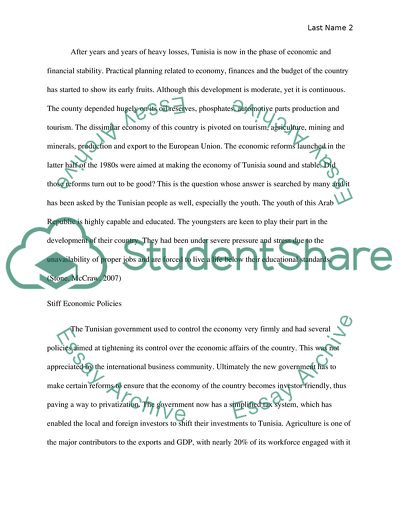Cite this document
(“Unemployment Crisis in Tunisia Assignment Example | Topics and Well Written Essays - 2500 words”, n.d.)
Unemployment Crisis in Tunisia Assignment Example | Topics and Well Written Essays - 2500 words. Retrieved from https://studentshare.org/macro-microeconomics/1767023-report
Unemployment Crisis in Tunisia Assignment Example | Topics and Well Written Essays - 2500 words. Retrieved from https://studentshare.org/macro-microeconomics/1767023-report
(Unemployment Crisis in Tunisia Assignment Example | Topics and Well Written Essays - 2500 Words)
Unemployment Crisis in Tunisia Assignment Example | Topics and Well Written Essays - 2500 Words. https://studentshare.org/macro-microeconomics/1767023-report.
Unemployment Crisis in Tunisia Assignment Example | Topics and Well Written Essays - 2500 Words. https://studentshare.org/macro-microeconomics/1767023-report.
“Unemployment Crisis in Tunisia Assignment Example | Topics and Well Written Essays - 2500 Words”, n.d. https://studentshare.org/macro-microeconomics/1767023-report.


